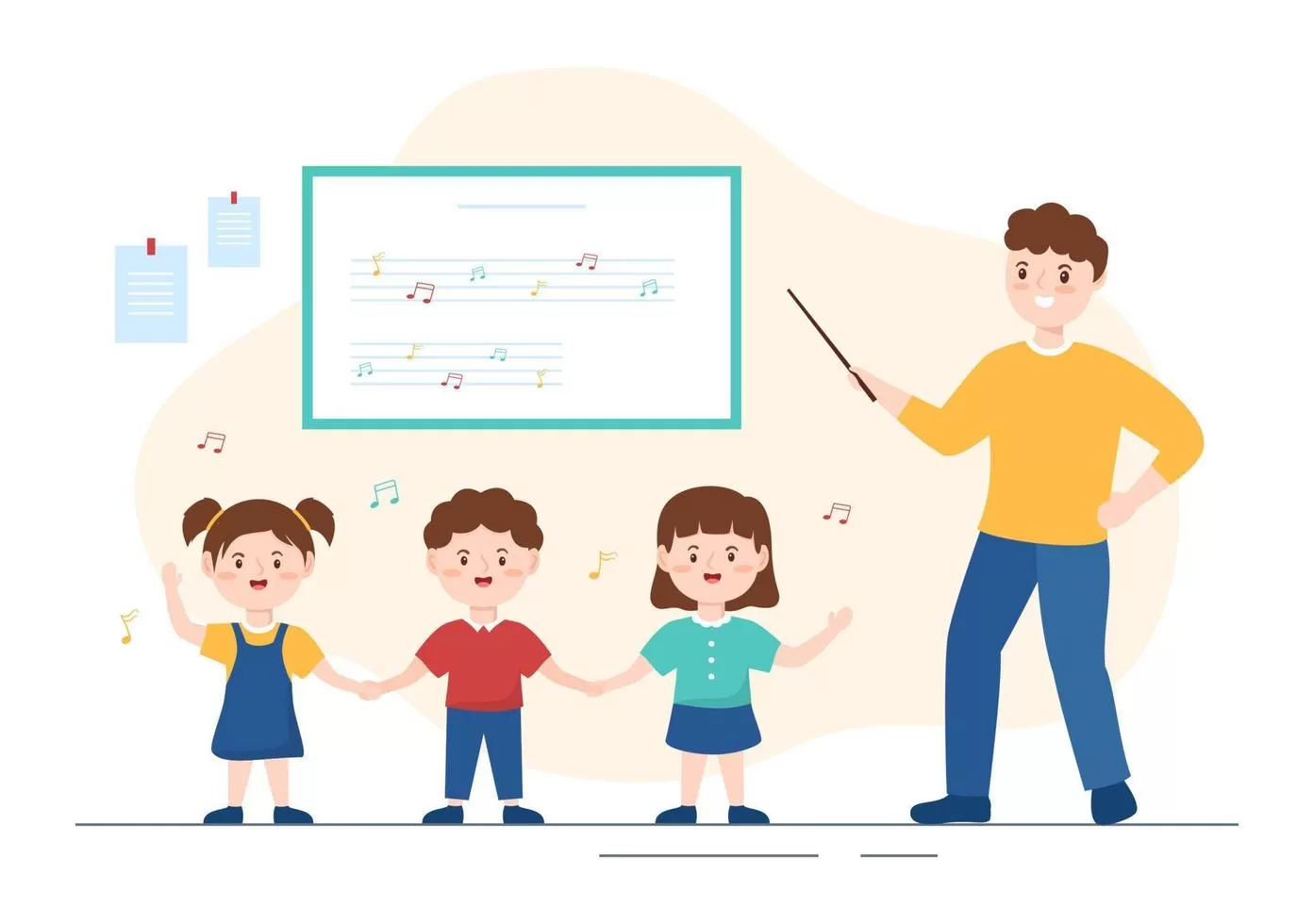Reading time: 4 minutes |
As a music tutor, my role goes beyond just teaching notes and rhythms; it’s all about inspiring students, fostering creativity, and helping students find their unique voice through music. Drawing from over 10 years of experience, I’ll some key elements you may want to know below.

1. Personalised Learning Experiences
Every student is different in terms of strengths, weaknesses, and aspirations. Just as Mozart benefited from his father’s instructions in his early days, I believe in creating personalised lessons that cater to each student’s needs. This means conducting initial assessments to identify their skill level and musical interests. Whether a student is preparing for ABRSM exams or their GCSE music exam, I work closely with them to develop a tailored learning plan. This approach gives them ownership of their music learning process and encourages deeper involvement.
2. Clear Instruction and Structure
Learning music can be overwhelming, like trying to decipher the complex harmonies created by Bach. To address this, I concentrate on clear, structured lessons that break down the complexity into manageable chunks. For instance, whenever I am to introduce a new topic, the students must first understand the elements that form the basis for the next advanced material. This step-by-step method will surely build confidence and allow the students to perform challenging pieces with more understanding of the underlying concepts.
3. Cultivating Curiosity and Creativity
Curiosity is an important ingredient in any musical journey. As the conductor Leonard Bernstein said, “you have to be curious about things in order to want to know about them; that’s where real knowledge comes from.” I look to encourage an environment of questions and curiosity within my students. I try to ask many questions, inviting students into an investigation into genre, style, and historical context. This approach helps them find their distinctive voice in music and also creates room for creativity and originality in their work.
4. Supportive Learning Environment
A supportive learning environment is what students need to grow. In my view, a student needs to feel at ease: making mistakes and asking for help. I try to make open conversations during lessons to let students say what they think and feel about their progress. This emphatic approach helps me gain their trust and friendship, thereby making it easier for them to ask questions and involve themselves in the process of learning.
5. Regular Feedback and Communication
Constructive feedback is crucial for the development of a student. I regularly conduct assessments on both technical and artistic aspects, providing specific and actionable advice that students can apply to their practice. I also maintain open lines of communication so that students feel comfortable discussing their challenges and successes. This ongoing dialogue serves not only to foster a collaborative learning environment but also helps students – and their parents – track their progress and set new goals.
6. Setting Achievable Goals
Setting clear, achievable goals is essential to student success. I work with students to identify specific milestones that align with their musical aspirations, whether that involves mastering a challenging concept or preparing for an upcoming exam. In this way, I celebrate the achievement of these milestones to reinforce their commitment to learning and build a sense of accomplishment. This goal-oriented approach fosters a sense of ownership in learning and encourages students to continually improve.
7. Passion for Music Education
Above all, my love for music is what drives me in teaching music to others. I am committed to helping students fulfill their musical goals while providing a lifelong appreciation for music. This excitement generates a positive and dynamic learning environment where students feel motivated and inspired. I share with them my experiences in music, those of defeat and of victory, to show them that the journey is just as important as the destination.
Conclusion
I’d consider myself as music tutor who focuses on personalised instruction, clear structure, and dedicated support. By incorporating the above points, I guide students to reach their full potential, whether they are preparing for ABRSM Music Theory, GCSE Music, A Level Music, IB Music, composition tasks, aural skills, notational work, or music essays. If you are seeking a music tutor who cares about your unique journey, then feel free to get in touch with me at any time.
